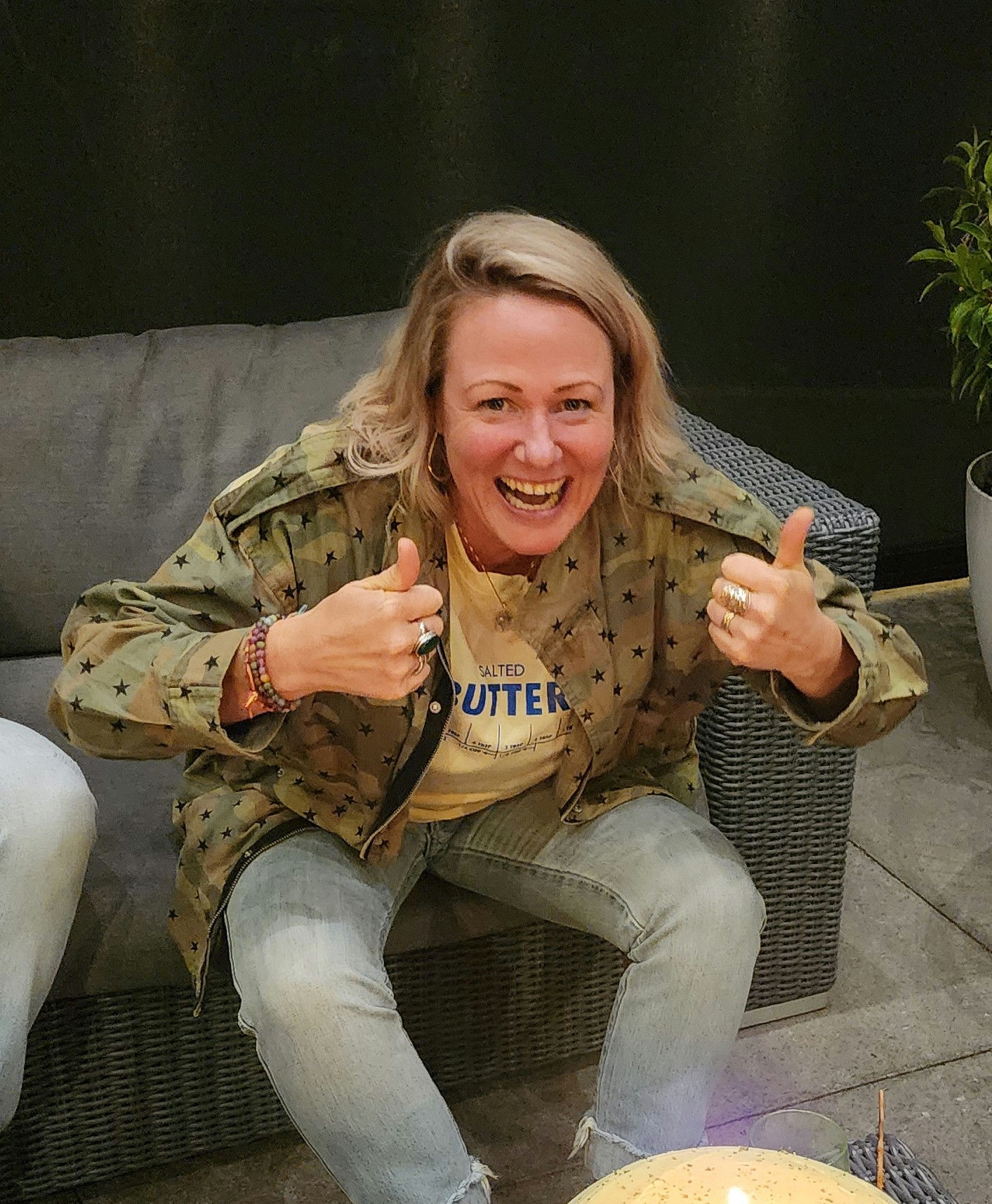Is it normal for communication skills trainers to struggle with participant engagement?
- Carly (CJ) Shorter
- Jul 4
- 2 min read
Updated: Aug 15

Is it normal for trainers to struggle with participant engagement? Yep, most of us bombed a room before we figured out how to truly hold it. And, in saying that, if you are struggling with getting engagement this is a sign from the 'gods of learning', that if you are intending on being a great trainer/facilitator this is a problem you need to fix.
Research from clinical trial engagement studies reveals that among tested participant engagement interventions, 51% had null effects and only 30% achieved statistically significant positive results, demonstrating the widespread challenge of maintaining engagement across professional contexts [1], while Harvard Business Review research indicates that "most corporate learning programs aren't cutting it because they lack the necessary element of creativity", and that "57% of workers are taking their education into their own hands" despite interest in upskilling programs [2].
Here's the brutal truth: struggling with engagement is universal, but accepting it as "just how some audiences are" is where mediocre trainers get stuck. Every experienced trainer has war stories about sessions that fell flat, rooms that went silent, and groups that seemed determined to resist everything.
The difference between struggling trainers and great ones? Great trainers see engagement problems as their responsibility to solve, not the participants' fault for being "difficult." They recognise that engagement is a skill that can be learned, practiced, and mastered.
Most trainers struggle because they focus on content delivery instead of participant experience. They prepare what to say rather than how to create conditions where people want to engage. This backwards approach guarantees you'll keep struggling.
The good news? Once you understand that engagement is about creating psychological safety, managing energy, and designing meaningful interactions, it becomes systematic rather than mysterious. You stop hoping people will magically participate and start engineering participation into every session.
Don't normalise the struggle - use it as fuel to get better. Every room that doesn't respond is teaching you something about what doesn't work. The trainers who embrace this feedback loop fast become the ones everyone wants to learn from.
Related Questions:
How long does it take to develop strong engagement skills as a trainer? With focused practice and feedback, most trainers see significant improvement within 6-12 months of deliberate skill development.
Are some audiences genuinely more difficult to engage than others? Yes, but skilled trainers adapt their approach rather than blaming the audience for engagement challenges.
What's the biggest mistake new trainers make with participant engagement? Trying to push through low engagement instead of stopping to address it directly in the moment.
Source Links:
[1] Strategies for research participant engagement: A synthetic review and conceptual framework – PubMed



